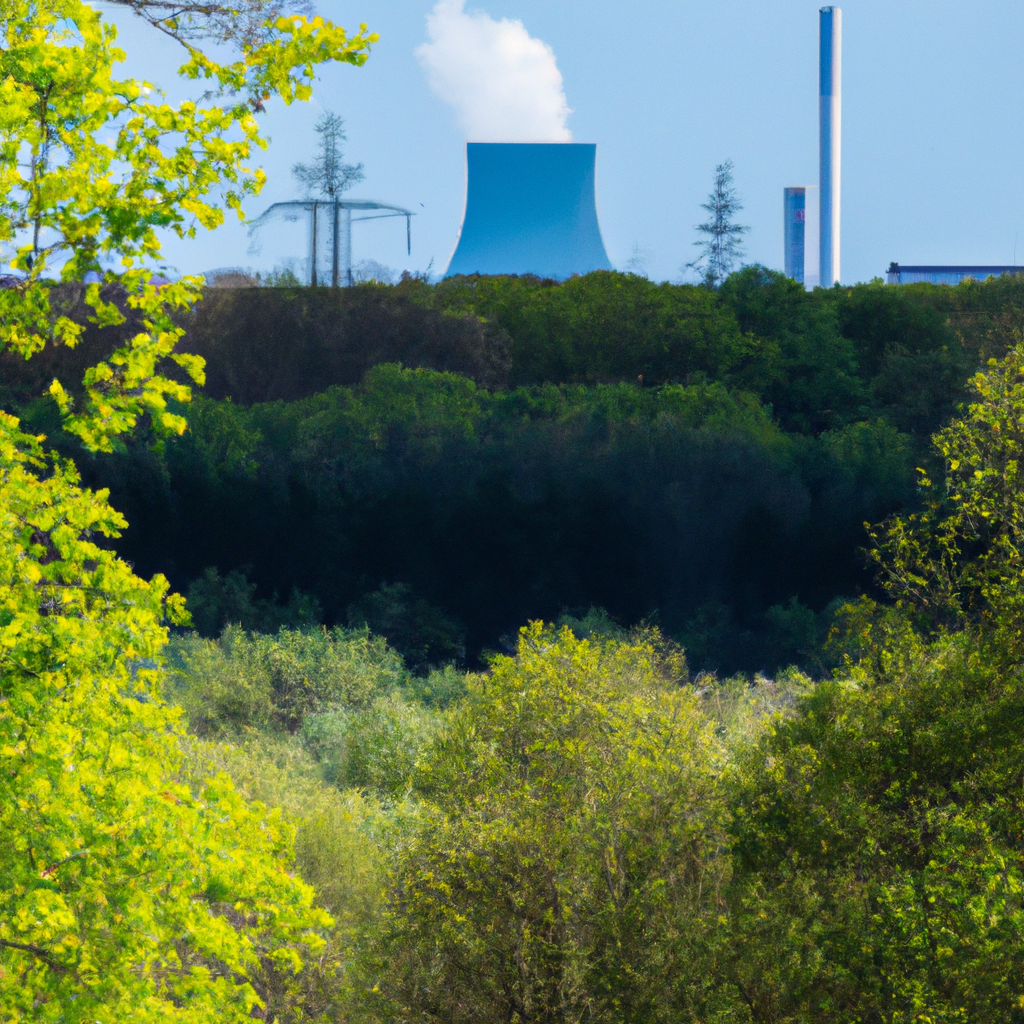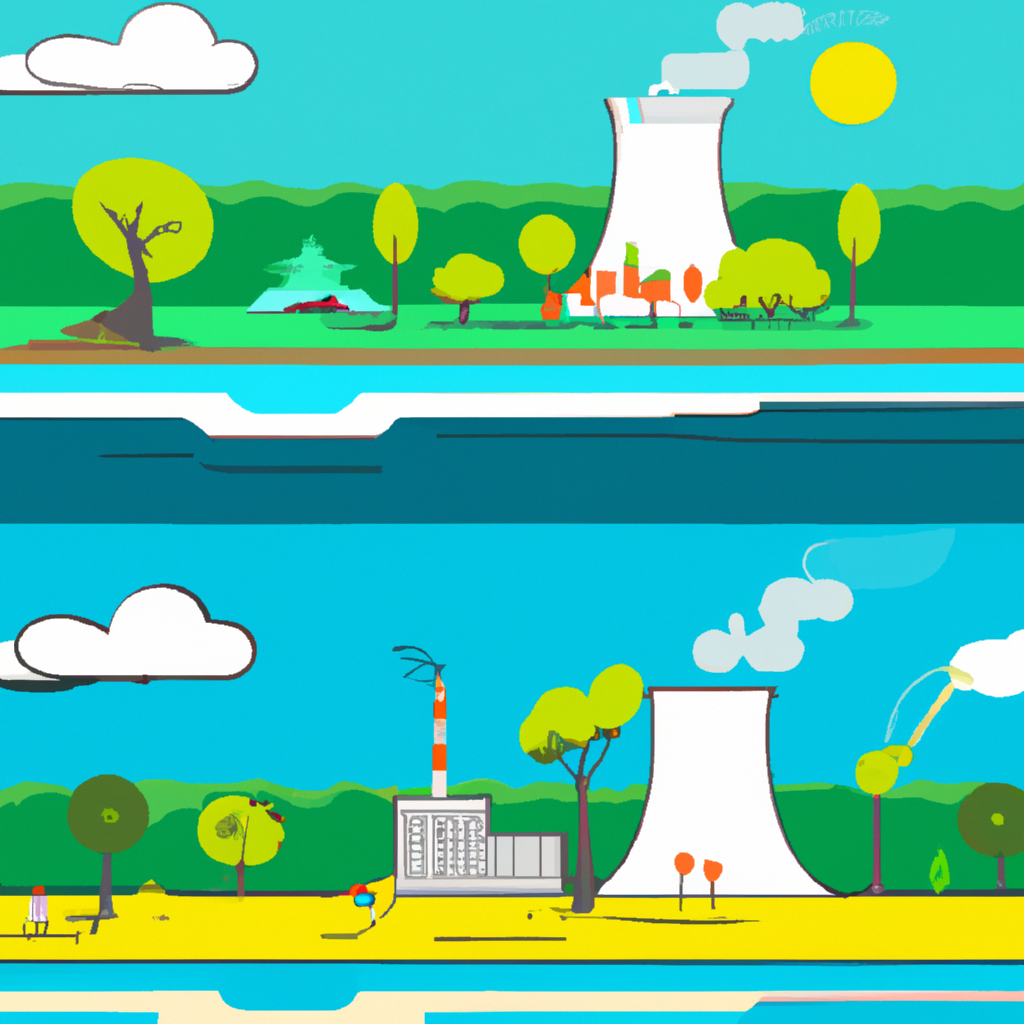Climate change is one of the biggest challenges that humanity is facing today. Global warming, caused primarily by the use of fossil fuels, is leading to rising sea levels, more frequent and severe weather events, and other environmental disasters. To mitigate the effects of climate change, it is essential that we reduce our dependence on fossil fuels and switch to cleaner and more sustainable energy sources. Nuclear energy is one such source that has the potential to help us achieve this goal. In this article, we will explore how nuclear energy can help mitigate global warming.
What is Nuclear Energy?
Nuclear energy is the energy released by the splitting (fission) or merging (fusion) of atomic nuclei. This energy can be harnessed and used to generate electricity. Nuclear power plants use nuclear reactors to produce steam, which in turn drives turbines to generate electricity. Unlike fossil fuels, nuclear energy does not release greenhouse gases (GHGs) into the atmosphere, making it a cleaner and more sustainable energy source.
Nuclear Energy and Carbon Emissions
One of the biggest advantages of nuclear energy is that it produces very low levels of carbon emissions. According to the Nuclear Energy Institute, nuclear energy is responsible for only 2.5% of the world’s carbon emissions. This is significantly lower than other energy sources such as coal, which is responsible for 14.5% of global carbon emissions. In fact, if nuclear energy were to replace fossil fuels, it could potentially reduce global carbon emissions by up to 60%.
Nuclear Energy and Renewable Energy Sources
Renewable energy sources such as solar and wind power are gaining popularity as cleaner alternatives to fossil fuels. However, these sources have their limitations. They are intermittent and rely on weather conditions, making them unreliable sources of energy. Nuclear energy, on the other hand, is a reliable and constant source of energy. Nuclear power plants can operate 24/7, providing a consistent supply of energy to the grid. Moreover, nuclear energy can complement renewable energy sources by providing baseload power, which is necessary to balance the intermittency of renewable sources.
Nuclear Energy and Energy Efficiency
Energy efficiency is another important aspect of mitigating global warming. By using energy-efficient appliances and reducing energy waste, we can reduce our overall energy consumption and carbon emissions. Nuclear energy can play a role in promoting energy efficiency by providing a constant and reliable source of energy. This can help reduce the need for energy storage solutions, which are often expensive and not as efficient as nuclear energy.
Nuclear Energy and Waste Management
One of the major concerns with nuclear energy is the management of nuclear waste. Nuclear waste is radioactive and can pose a threat to human health and the environment if not properly managed. However, modern nuclear power plants are equipped with advanced technologies for the safe and efficient disposal of nuclear waste. Moreover, nuclear waste is significantly less in volume than the waste generated by fossil fuel power plants.
Conclusion
In conclusion, nuclear energy is a cleaner, more sustainable, and reliable source of energy that can help mitigate global warming. It produces very low levels of carbon emissions, complements renewable energy sources, promotes energy efficiency, and has advanced waste management technologies. With proper safety and regulatory measures in place, nuclear energy can play a significant role in achieving a cleaner and greener future.







